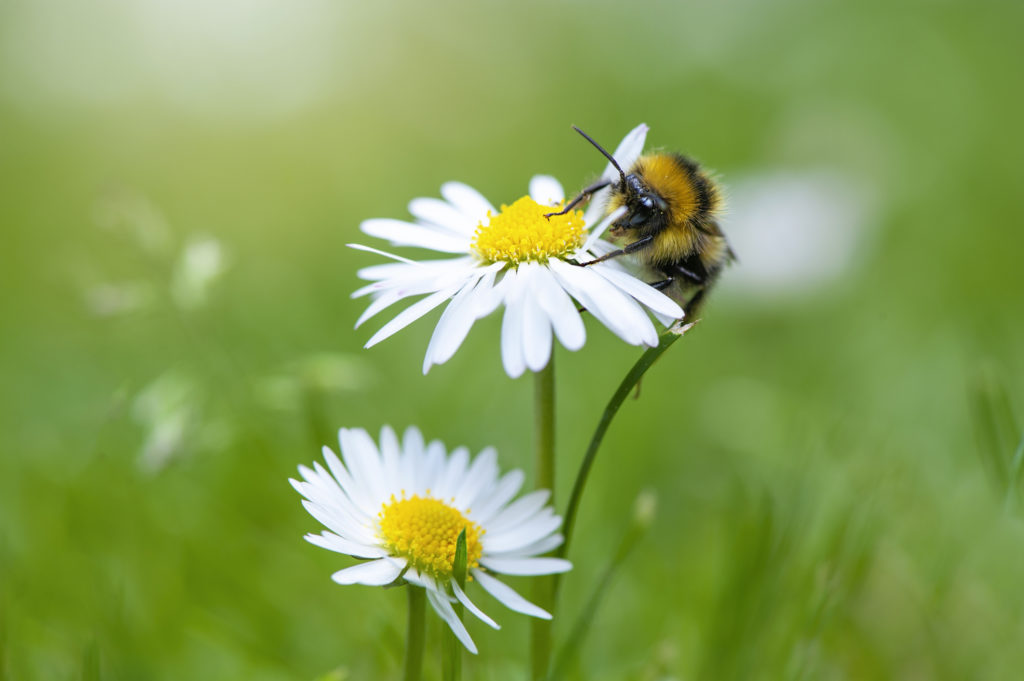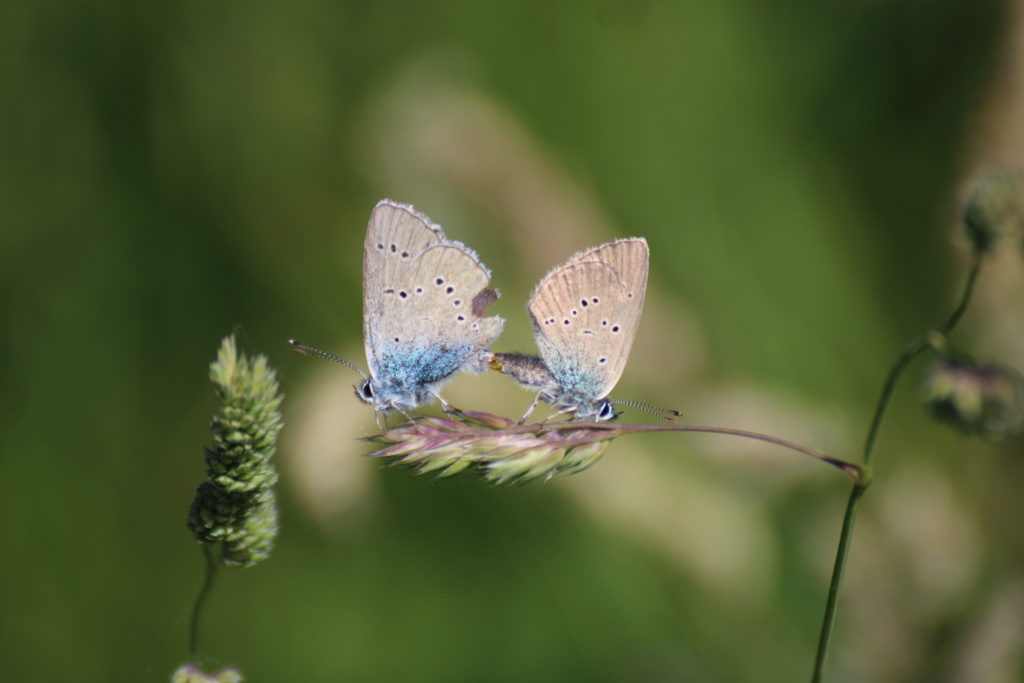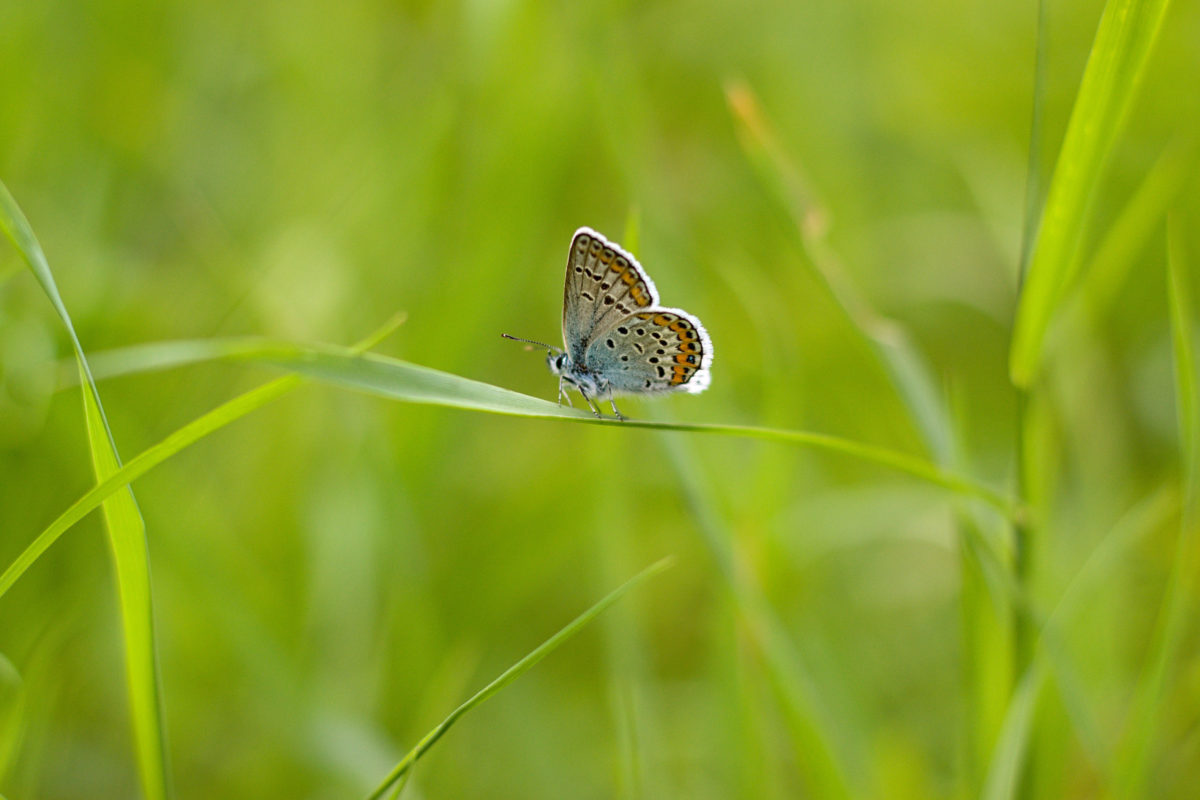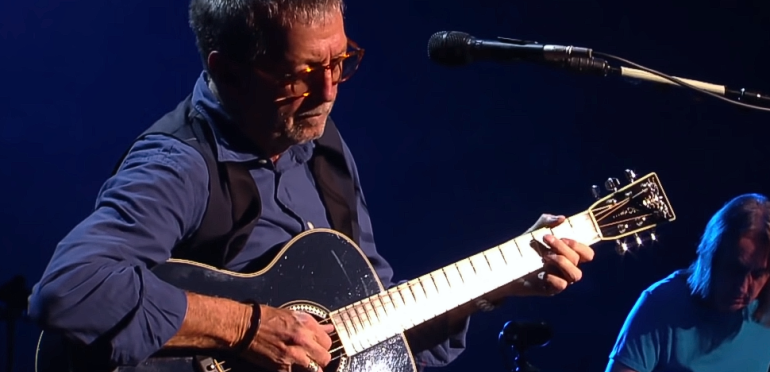Cut less or not at all in May. Then (more) flowers grow and bees, beetles, and butterflies, among others, have more to eat. Increasing biodiversity, that is the aim of Maai Mei Niet. you in?
Don’t cut May: history in a nutshell
Draft ‘Not Cutting May’ created in the UK in 2019 as an initiative of Plant life, an international conservation charity. It blew into Belgium in 2020. Under the slogan ‘Do nothing for nature’, Belgians were asked to leave their lawns in the interest of biodiversity: Don’t mow May. The Belgian weekly Knack magazine collaborates with the Royal University of Leuven and the Ministry of Nature, among others.
In Belgium it was a resounding success Ministry of Nature website: “Over 6,000 participants, 60 cities and municipalities taking part, massive attention in the press and an amazing result: 5 million bees are fed daily thanks to uncut grass.” In 2022 there are even 17 million, as the title suggests Dexterity: great success and ‘Olympic effort’. Last year, Maai Mei Niet was launched in the Netherlands by Bijenstichting, Stichting Steenbreek and Flora van Nederland. It was a success here too, as the Steenbreek Foundation summed up Don’t Maai’s May 2022 results:
- 41 acres of grass that will not be cut in May
- Average 26 mg of nectar per m2 of uncut grass
- Nearly 10 kg of sugar nectar per day in participant gardens
- Top scorer in terms of nectar production: dandelion
Don’t Cut May 2023
Would you like to contribute to the top nectar score this coming May – and thereby greatly help bees, butterflies and many other insects? And enjoy more color, flowers and life in your garden? Participating is very simple by doing nothing: cutting. Maai Mei Niet 2023 goal: collect more than 11,000 football fields.
Your lawn also contains plants that can only bloom if you don’t mow your lawn, in whole or in part. Asters, clover and dandelions are all food sources for bees and butterflies, for example.

This is how you participate in Maai Mei Niet 2023: two steps
- Register via the registration form moaimeinietnederland.nl and join (free).
- You will then receive a total of six emails, with tips and information about flowers and bees. In the email you read:
– how is the nectar score of your own grass (or parts of it) measured – so how much sugar nectar does your grass produce per day
– how the final national nectar score is calculated
– how to recognize bees and flowers
– what else can you do to help the insects – if your garden has a low nectar score, for example
Do you have a question or want to know more about Maai Mei Niet? Then register here free online webinars on April 13 or 18, at 7 p.m. Bijenstichting explains Maai Mei Not Dan, and you can ask questions. On moaimeinietnederland.nl And moaimeiniet. be You can find a lot of information about Maai Mei Niet in the Netherlands and Belgium respectively.
Do you already want to know more about biodiversity? In this video, Koos Biesmeijer, scientific director at Naturalis, provides tips on how to increase biodiversity in your garden.

Read more
Top photo: Getty Images

“Falls down a lot. General tv buff. Incurable zombie fan. Subtly charming problem solver. Amateur explorer.”







